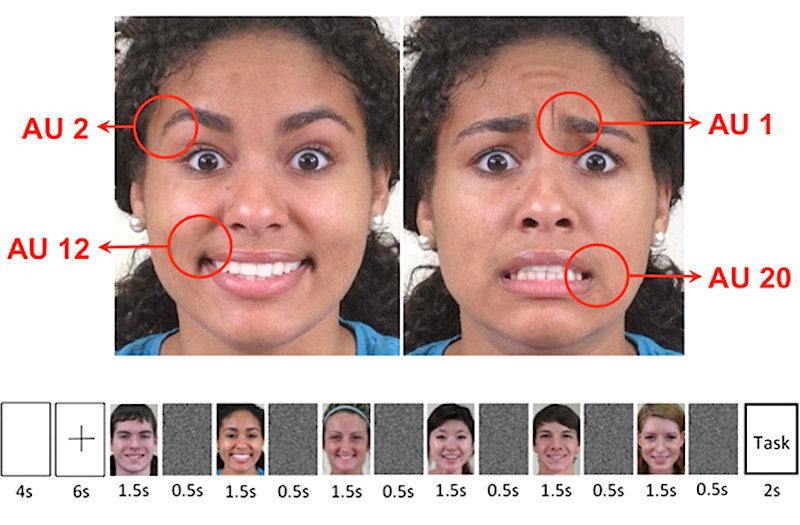
© Getty ImagesLearning new strategies for everyday goals can become more difficult as we age.
People often find it harder to adapt to new situations as they age and now a new mouse study may have shed light on why.
A study published today in the journal
Neuron has described, for the first time, how activity in a key brain circuit that allows mammals to adapt to change fades with age.
The circuit is critical to developing new strategies to meet goals, said senior author Dr J. Bertran-Gonzalez, a neuroscientist at the Queensland Brain Institute
He and colleagues hypothesised that older mammals find it harder to adapt because of natural deterioration in this brain circuit involving neurones in the striatum, which is located in the brain's core.
To test their ideas, Dr Bertran-Gonzalez and colleagues set up an experiment in which mice were trained to press levers to obtain food pellets.
One lever gave them access to grain-tasting pellets, while the other gave them access to sweet pellets. After training, the animals were then given just one type of pellet to eat, before again being given a choice of pellets.
Because mice prefer variety in their diet, after having gorged on one type of pellet they chose the lever that would give them the other type of pellet.
But then the researchers switched the levers so the lever that used to deliver grain-flavoured pellets now delivered sweet pellets and vice versa.
The younger mice in the group quickly learned which lever to press to get the pellets they wanted, but the older mice repeatedly pressed both levers, apparently confused about what to do.
Further experiments showed the brains of the older mice had less activity in the neurones of the striatum previously identified as being critical to the ability to adapt.
Finally, the study found that young mice in which this brain circuit had been deactivated, were just as confused as the older normal mice when the levers were switched. This confirmed that deterioration in the striatum circuit was responsible for a failure to adapt to change.


Comment: Imagery effective way to enhance memory, reduce false memories, study finds